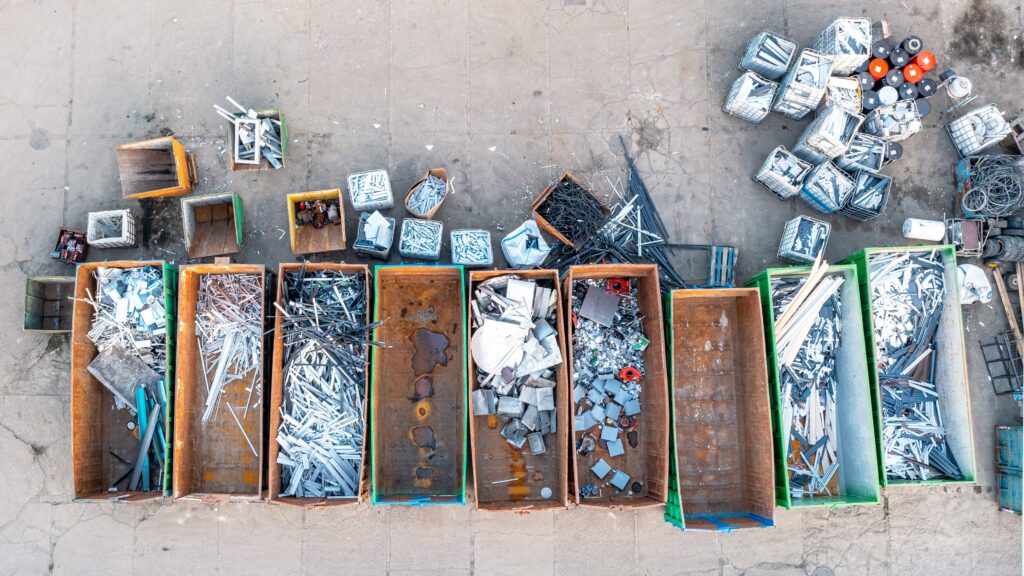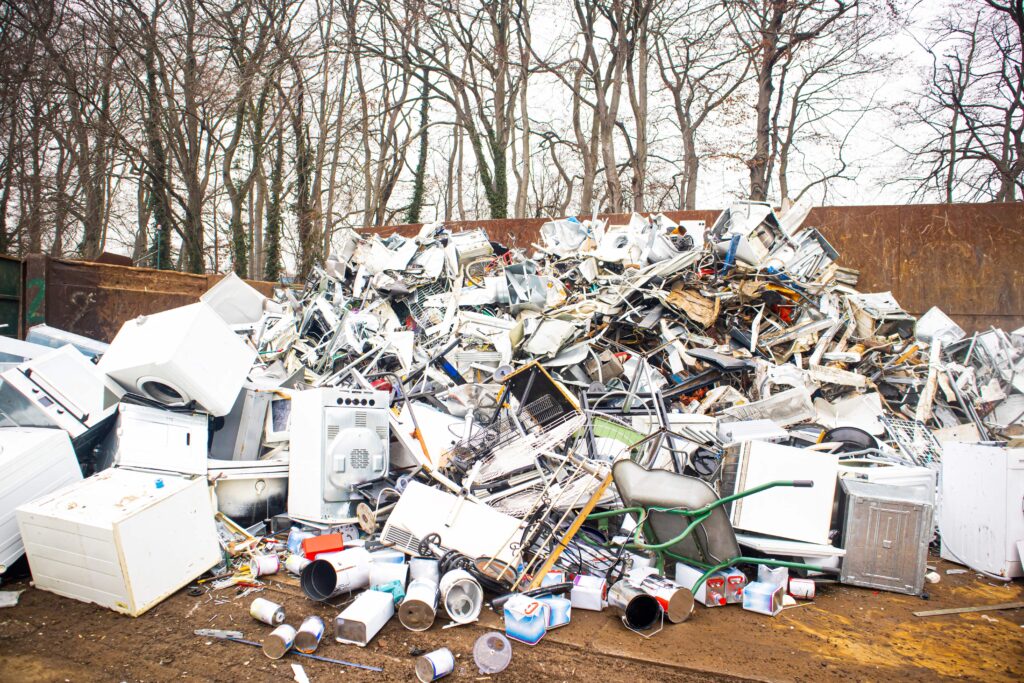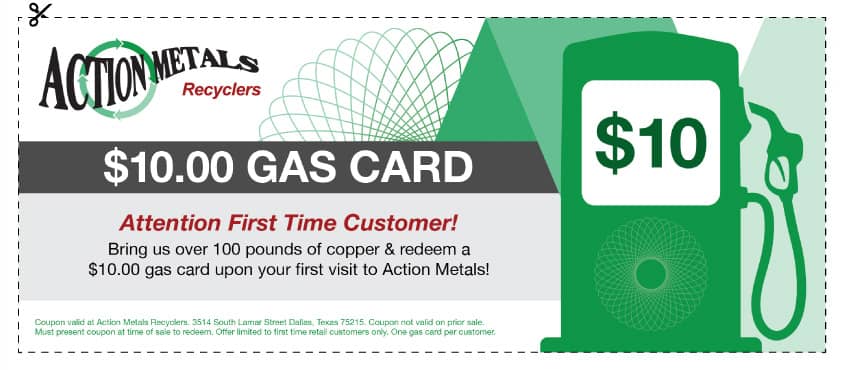While recycling is a year-round activity, winter presents unique advantages for those looking to recycle scrap metal in Dallas. Let’s explore why the colder months might be the most wonderful time of the year to tackle that scrap metal pile and make some extra cash.
1. Less Competition at Scrap Yards
During the winter months, many construction projects slow down or come to a halt due to weather conditions. This decrease in activity often translates to less traffic at scrap yards. With shorter lines and reduced wait times, you can get in and out of the scrap yard more efficiently, maximizing your time and productivity.
Imagine this: you arrive at the scrap yard with a truckload of metal ready to be recycled. Instead of encountering a long queue and waiting under the scorching summer sun, you find ample space and a quick turnaround. This convenience alone makes winter an appealing time to recycle.
2. More Availability with Scrap Yard Workers
With less hustle and bustle at the scrap yard, you might find that the staff has more time to assist you. This personalized attention can be invaluable, especially if you have questions about metal identification, pricing, or the recycling process itself.
Perhaps you have a collection of different metals and aren’t sure how to separate them or which ones are most valuable. The scrap yard workers can offer guidance, ensuring you receive the best possible price for your materials.
3. Potential for Better Pricing
While scrap metal prices fluctuate based on various market factors, winter can sometimes offer opportunities for better pricing. The reduced supply of scrap metal during the colder months may lead to increased demand and potentially higher prices.
It’s always a good idea to stay updated on current scrap metal prices and compare rates at different scrap yards. You might find that winter offers a slight edge in terms of maximizing your earnings.
4. Ideal Time for Cleaning and Organizing
Winter often provides a natural break in outdoor activities and projects. This downtime can be an excellent opportunity to tackle those long-awaited cleaning and organizing tasks, including sorting and preparing your scrap metal for recycling.
Imagine transforming your cluttered garage or workspace into an organized haven. By dedicating some time during the winter months, you can efficiently sort your scrap metal, ensuring a smooth and rewarding recycling experience.
5. Supporting Sustainability During the Holidays
The holiday season often generates an abundance of waste, including metal items from packaging, decorations, and discarded electronics. Recycling your scrap metal during this time contributes to sustainability efforts and reduces the environmental impact of holiday consumerism.
By making a conscious effort to recycle your scrap metal, you’re not only decluttering your space but also demonstrating your commitment to environmental responsibility.4
6. Preparing for Spring Projects
If you’re planning any construction, renovation, or landscaping projects for the spring, winter is an ideal time to clear out old metal items and generate funds for new materials. Recycling your scrap metal can provide extra cash to invest in your upcoming projects.5
Imagine this: you’ve decided to revamp your backyard in the spring. By recycling your scrap metal during the winter, you can generate funds to purchase new patio furniture, gardening tools, or landscaping materials.
Action Metals for Your Scrap Recycling and Selling Needs
While recycling is always beneficial, winter offers unique advantages for those looking to recycle scrap metal in Dallas. From less crowded scrap yards to potential pricing benefits and the opportunity to support sustainability, the colder months provide an opportune time to turn your scrap metal into cash and contribute to a greener environment.
Don’t let your scrap metal pile up! Take advantage of the winter season and visit Action Metals in Dallas today. Our friendly team is ready to assist you with all your scrap metal recycling needs.
FAQ
What types of scrap metal does Action Metals accept?
We accept a wide range of ferrous and non-ferrous metals, including aluminum, copper, brass, steel, iron, and more.
Do I need to schedule an appointment to recycle scrap metal?
No appointment is necessary. You can visit our scrap yard during our operating hours.
How are scrap metal prices determined?
Scrap metal prices are influenced by market demand, metal type, quality, and current commodity prices.
What are the benefits of recycling scrap metal?
Recycling scrap metal conserves natural resources, reduces landfill waste, and contributes to a sustainable economy.








